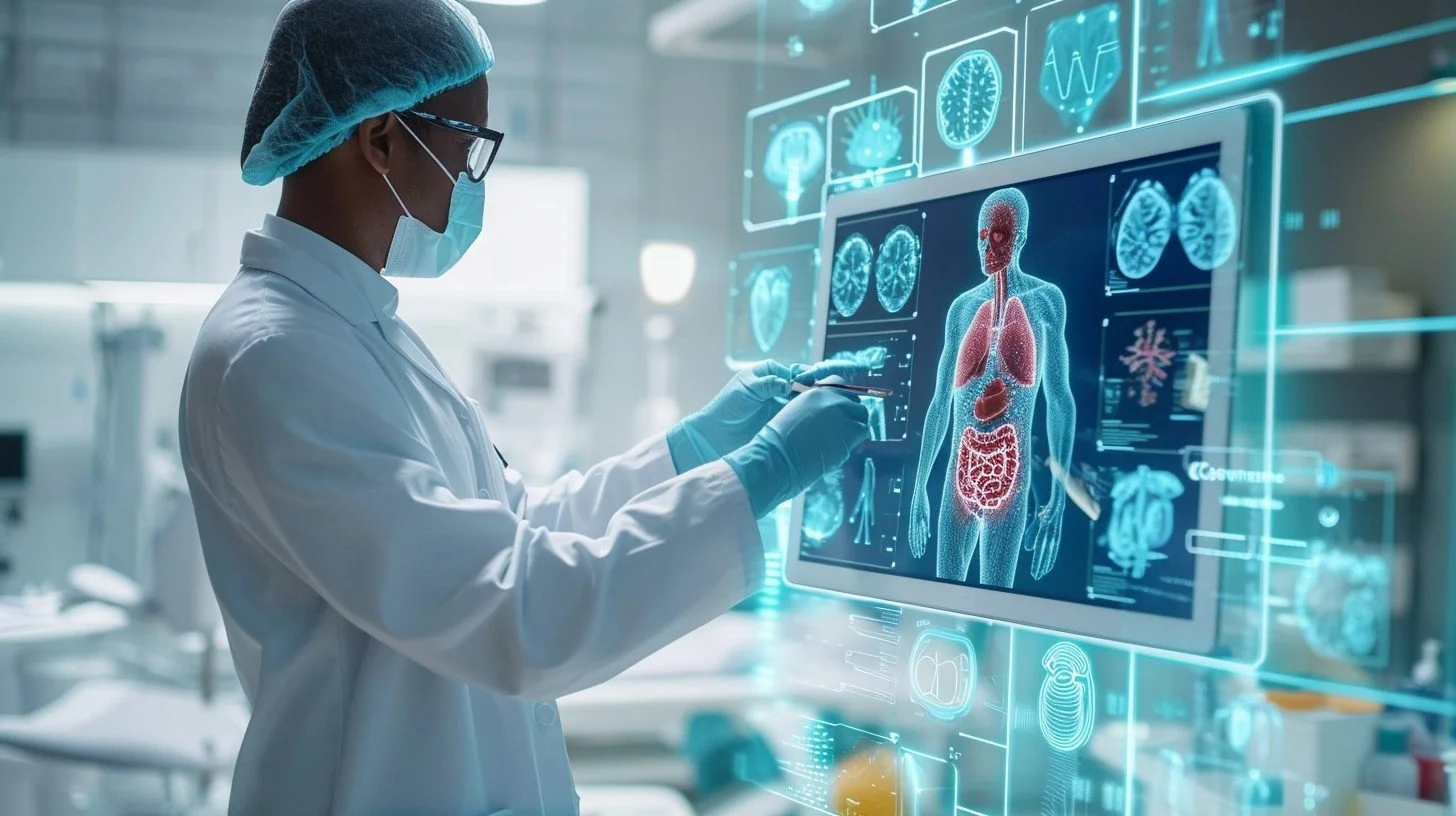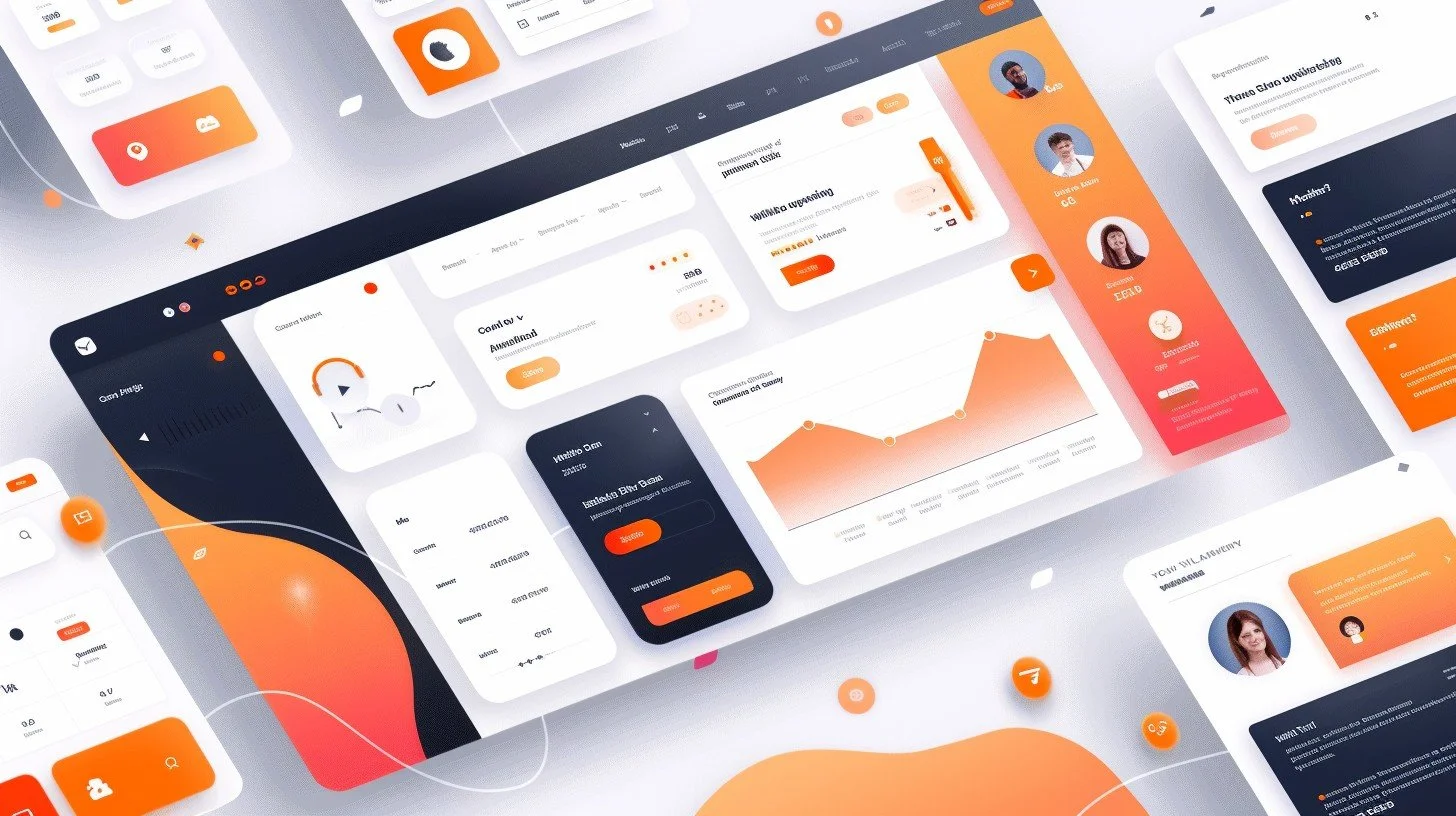Revolutionizing Healthcare: Bringing Generative AI to the Forefront
June 11, 2024 | by Enceladus Ventures
In recent years, the intersection of artificial intelligence (AI) and healthcare has sparked significant interest and innovation. Among the various AI technologies making waves in the healthcare industry, generative AI stands out as a powerful tool with the potential to revolutionize patient care, medical research, and drug discovery. From generating synthetic data for training AI models to creating novel molecules for drug development, generative AI holds immense promise for improving outcomes and advancing the frontiers of healthcare.
Understanding Generative AI:
Generative AI refers to a class of machine learning algorithms capable of generating new content, such as images, text, or even entire datasets, based on patterns learned from existing data. Unlike traditional AI models that rely on labeled datasets for supervised learning tasks, generative AI can produce new, realistic data samples without explicit human guidance.
One of the key techniques used in generative AI is generative adversarial networks (GANs), where two neural networks, the generator and the discriminator, are trained simultaneously in a competitive manner. The generator generates synthetic data samples, while the discriminator distinguishes between real and fake samples. Through iterative training, both networks improve their performance, resulting in the generation of increasingly realistic data.
Applications of Generative AI in Healthcare:
Generative AI holds immense potential across various domains within the healthcare industry, including medical imaging, drug discovery, patient data generation, and personalized medicine. Here are some notable applications:
Medical Imaging: Generative AI can generate synthetic medical images that closely resemble real patient scans, enabling researchers to augment limited datasets for training AI algorithms. This approach can improve the accuracy and robustness of AI models for tasks such as disease diagnosis, treatment planning, and image segmentation.
Drug Discovery: By leveraging generative AI algorithms, researchers can generate novel molecular structures with desired properties, accelerating the drug discovery process. These generated molecules can be further analyzed and optimized for specific therapeutic targets, potentially leading to the development of new drugs for treating various diseases.
Synthetic Patient Data: Generative AI can be used to generate synthetic patient data that preserves the statistical characteristics of real patient populations while ensuring privacy and data security. Synthetic data can facilitate the development and validation of AI-driven healthcare applications without compromising patient confidentiality.
Personalized Medicine: Generative AI can assist in the generation of personalized treatment plans based on individual patient data, including genetic profiles, medical history, and lifestyle factors. By analyzing vast amounts of patient data, AI algorithms can identify patterns and correlations that inform personalized interventions and therapies.
Challenges and Considerations:
Despite its transformative potential, the widespread adoption of generative AI in healthcare is not without challenges and considerations. Ethical considerations, data privacy concerns, regulatory compliance, and the need for robust validation frameworks are among the key factors that must be addressed to ensure the responsible use of generative AI technologies.
Furthermore, the interpretability and explainability of AI-generated outputs remain critical for building trust among healthcare professionals and patients. Transparency in the AI model's decision-making process and the ability to provide insights into how generated data or predictions are derived are essential for fostering confidence in AI-driven healthcare solutions.
Generative AI represents a paradigm shift in how healthcare data is generated, analyzed, and utilized to improve patient outcomes and drive medical innovation. From enhancing medical imaging to accelerating drug discovery and enabling personalized medicine, the potential applications of generative AI in healthcare are vast and far-reaching.
As pioneers in the field of technology and innovation, Enceladus Ventures is committed to leveraging generative AI and other cutting-edge technologies to advance the frontiers of healthcare. By collaborating with leading researchers, healthcare providers, and industry partners, we aim to harness the power of generative AI to address some of the most pressing challenges facing the healthcare industry and improve the lives of patients around the world.
Disclaimer: The articles published on the Enceladus Ventures website are intended for informational purposes only. The views and opinions expressed in these articles are those of the authors and do not necessarily reflect the official policy or position of Enceladus Ventures. While we strive to ensure the accuracy, completeness, and timeliness of the information provided, we make no representations or warranties of any kind, express or implied, about the completeness, accuracy, reliability, suitability, or availability with respect to the content contained in the articles. Any reliance you place on such information is therefore strictly at your own risk. The information contained in these articles is not intended to constitute professional advice or recommendation of any kind. Readers are encouraged to consult with qualified professionals for specific advice tailored to their individual circumstances.




















